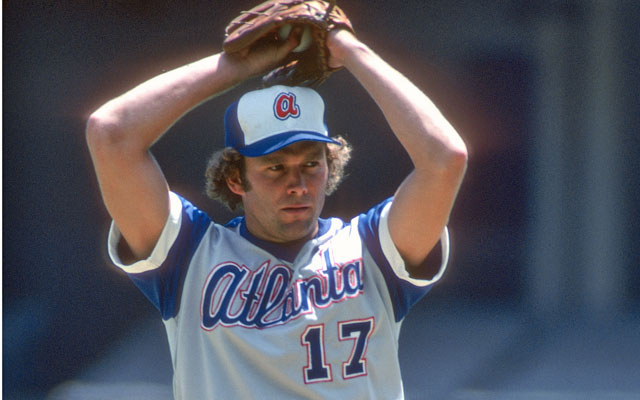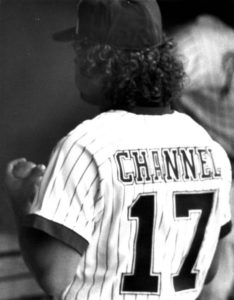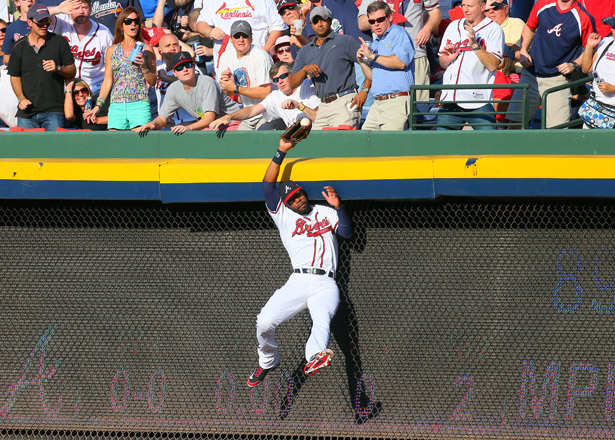
In an earlier piece I wrote about Marvin Miller, I mentioned briefly the Seitz decision. This decision was a ruling by independent arbitrator Peter Seitz late in 1975 that essentially killed the “reserve clause”, which tied players to one team in perpetuity. This kept their pay low since there was no competition for their services.
This decision freed up two pitchers, Dave McNally of the Montreal Expos and Andy Messersmith of the Los Angeles Dodgers, to negotiate with any MLB team. McNally was technically retired and his contract had run out; he had only been added to the case as insurance if Messersmith had backed out to re-sign with the Dodgers.
Messersmith, however, was only 30 years old and coming off an All-Star 19-win season in which he led the National League in games started (40), complete games (19), shutouts (7) and innings pitched (321.2), as well as finishing fifth in NL Cy Young voting.
At first, Messersmith generated little free agent interest. After some time, the Dodgers made an offer of $540,000 over three years, soon followed by the San Diego Padres offering $1.15 million over four years and undisclosed offers from the New York Yankees and California Angels. Finally, Ted Turner, looking to garner publicity for his newly purchased baseball team and cable TV channel, signed Messersmith on April 10th, 1976 to a three-year, $1 million contract with the Atlanta Braves.
In an attempt to generate publicity for Turner’s TV station (WTCG, which would later become superstation WTBS and then TBS), he requested that Messersmith wear the number 17 with the nickname “Channel” on the back of his jersey. Although nicknames could be worn on jerseys during that era, National League president Chub Feeney put an end to “Channel 17” due to the gimmick being free advertising from which MLB could not profit. Messersmith later changed his jersey to “Bluto”, which dated back to his Dodgers days and stemmed from his Popeye-like arms.

The 1976 season had already started and with no spring training to prepare for the season, Messersmith made his first start for the Braves on April 18th. Perhaps due to the lack of preparation, Messersmith lost his first four decisions over the next month and did not earn his first victory until May 17th. He battled back to win seven of his next eight decisions and earned a spot on the National League All-Star team, although he had to miss the game with a leg injury. The injuries continued to mount, however, and Messersmith made his last start of the 1976 season on August 24th. He finished the season with an 11-11 record and a 3.04 ERA in 28 starts.
The following season, Messersmith only had four of sixteen starts where he allowed more than three earned runs, but they helped drag his numbers down to a 5-4 record and a 4.40 ERA for the season. His 1977 season ended on July 3rd when he fell on his elbow while playing in the field, necessitating the need for surgery to remove bone chips.
Following the season, the Braves sold Messersmith’s contract to George Steinbrenner and the New York Yankees for $100,000. After sixteen injury-plagued starts for the Yankees and Dodgers over the next two seasons and a 2-6 record, Andy Messersmith retired after the 1978 season.
With the conclusion of his three-year contract, Andy Messersmith ended his reign as the first big-time baseball free agent. He could also be considered its first cautionary tale.




Leave a Reply